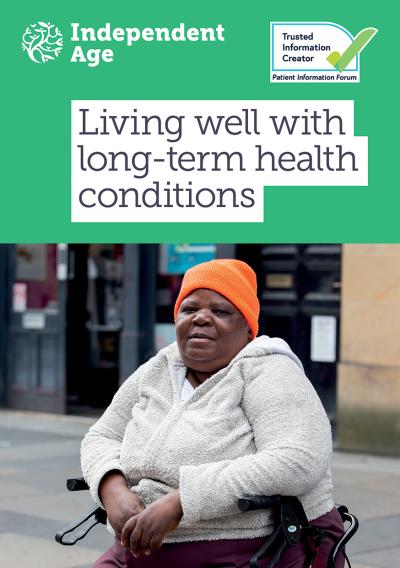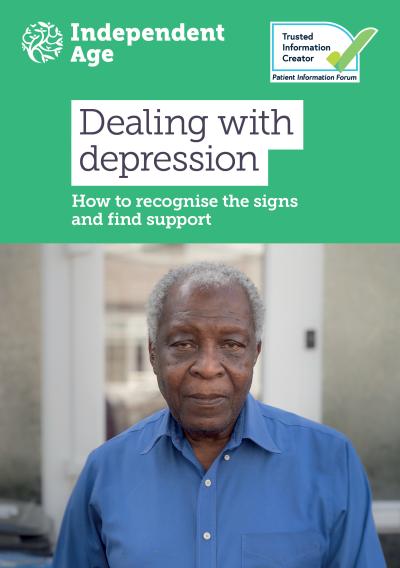Related publications

Living well with long-term health conditions

If you’re taking medication, particularly if you’re taking lots of different sorts, it can be challenging to manage them over time. There are things you can do to make it easier, and services like telecare, e-prescriptions or a medicines use review that can help.
If you have to take several different medications, it’s important to manage them properly. Write a list of all your current medications, including any vitamins or supplements that you take, and take it with you to any healthcare appointments. You should also make a note of any allergies or intolerances.
If you’re prescribed a new medication, ask about:
Be aware that side effects of certain medications or taking four or more medications can increase your risk of falls.
If you are considering complementary or alternative therapies, such as acupuncture and homeopathy, you should always speak to your GP before trying any. Visit the NHS website for more information.
Read the written information that comes with your medication and keep it in a safe place for future reference. You can also find information about your medication on the electronic Medicines Compendium (eMC).
If you’re taking a number of different medicines, consider writing a plan to help you keep track. Include information about:
You could ask your pharmacist to write a daily timetable for you. They may also be able to give you medication in blister packs, which have labelled compartments for different days of the week or the times of day that you need to take medication.
Your GP should review your medication regularly. If you’ve made a plan, remember to update it if anything changes.
Taking multiple medicines at different times of the day can get confusing. You might sometimes forget to take your medication or forget when you need to take it. Here are a few tips that might help:
You can get telecare devices that remind you when to take your medication and dispense the right dose. Some can alert a help centre if you forget to take your medication. Some councils offer telecare services or you can buy telecare privately – read our factsheet Technology to help you at home.
Make sure you always have enough medication, especially at weekends or during holidays. If you get regular repeat prescriptions, ask your GP and pharmacist if they offer an Electronic Prescription Service (EPS). This lets you pick up your prescription at a local pharmacy. The prescription is sent there electronically, so you won’t need to visit your GP to pick it up. You may also be able to have your medication delivered to your home.
See our factsheet Technology to help you at home for more information on telecare and telehealth.
You can get a lot of help from your pharmacist. If you’re unsure about a medication you’re taking or you’ve got any questions, they can advise you – you don’t need an appointment. They can also help if you have any difficulties taking your medication – for example, if you find it hard to swallow. Don’t crush pills, open capsules, change or stop taking your medication without getting advice. You can also speak to your GP.
If you have lots of different medications to manage, your local pharmacy may be able to help by providing medication in a dosette box or blister pack. Ask your pharmacist for more information.
If you’ve got any out-of-date or unused medication, take it to your pharmacist so they can dispose of it safely. Don’t use any medication after the expiry date and never take medication that has been prescribed for someone else.
If you’re taking more than one medicine and you have a long-term condition, you should be able to get a free medicines use review with your pharmacist. They’ll discuss all your medication with you and, if necessary, they’ll send feedback to your GP so they can take action. Ask your pharmacist for more information.
You can find out more about the help you can get from your pharmacist on the NHS website.
If you’re prescribed a new medication, you may want to make a list of things to ask your pharmacist or GP.
You can also download our medication review appointment planner to fill in.
If you’re prescribed certain new medications for asthma, COPD, type 2 diabetes or high blood pressure, or a new blood-thinning medication, you may be able to get extra help and advice from your pharmacist through the New Medicine Service. Ask your pharmacist for details.

For more information on living well with long-term health conditions, read our free guide.
See our factsheet Technology to help you at home for more information on telecare and telehealth.
By calling Independent Age's free and impartial Helpline, you can get information and advice from one of our friendly advisers, or order our free guides.